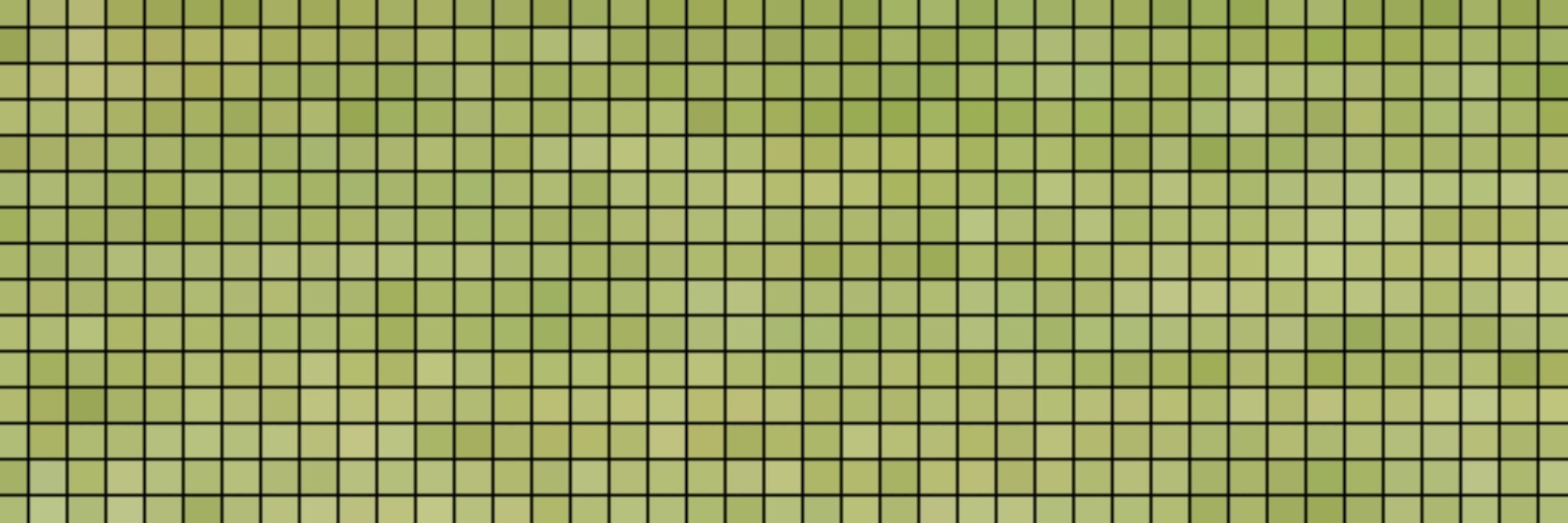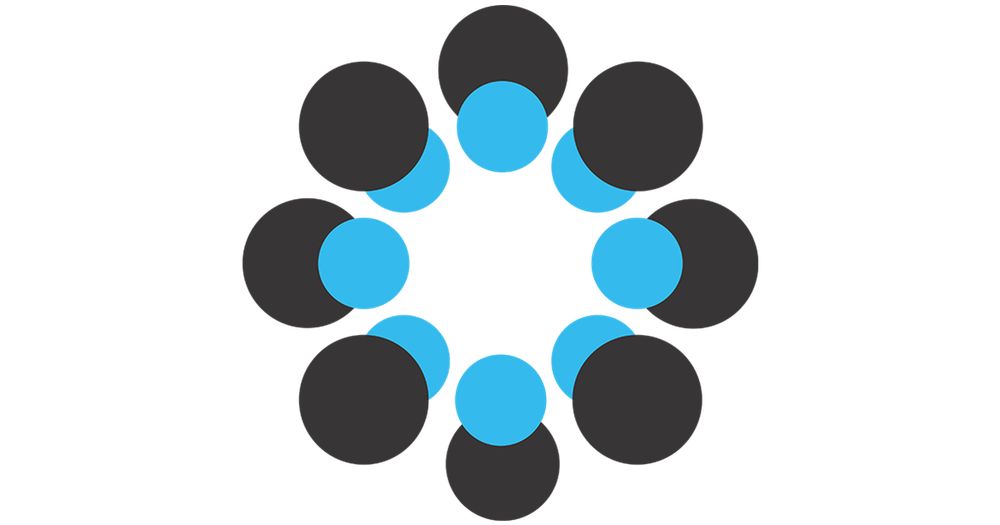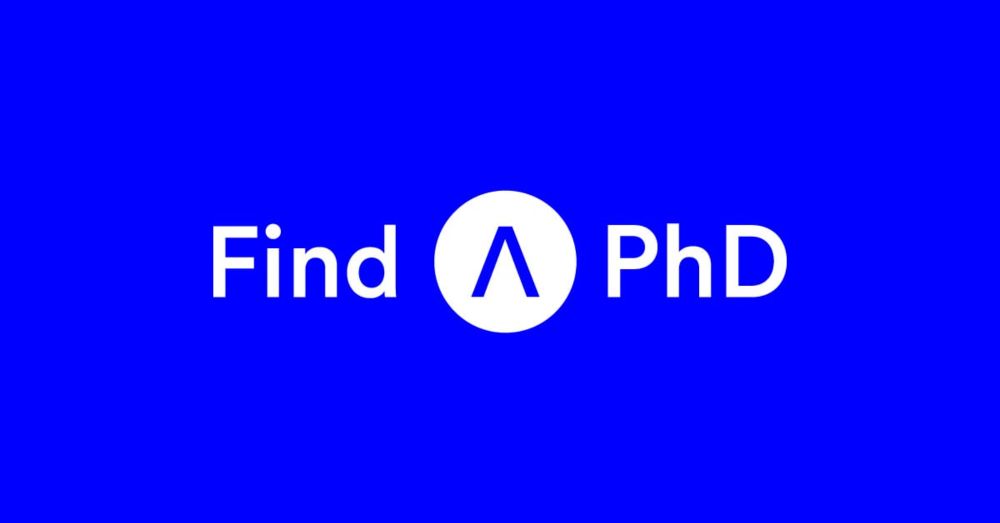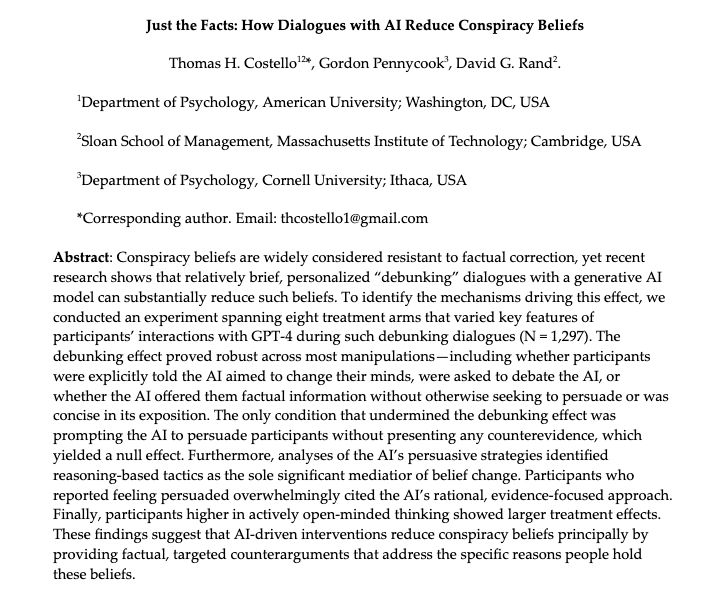
w/ @ranimo.bsky.social 📝 osf.io/preprints/psya…
From partisan news to algorithmically curated content, we constantly receive biased misinformation. With biased input, can our beliefs be accurate?
Turns out, biased misinformation distorts our beliefs! 👇🧵 1/13
🧵

🧵
Ever wondered if rats and humans learn in the same way? 🐭🧑🔬
We tested this — and the answer is yes, at least when it comes to how we value rewards in context.
(with @shaunaparkes.bsky.social Lachlan Ferguson, Magdalena Soukupova)
🧵Thread 👇
1/
www.biorxiv.org/content/10.1...

Ever wondered if rats and humans learn in the same way? 🐭🧑🔬
We tested this — and the answer is yes, at least when it comes to how we value rewards in context.
(with @shaunaparkes.bsky.social Lachlan Ferguson, Magdalena Soukupova)
🧵Thread 👇
1/
www.biorxiv.org/content/10.1...
One puzzling conundrum in contemporary politics is that politicians who seem to be estranged from facts and evidence are nonetheless considered honest by their followers.
1/n
One puzzling conundrum in contemporary politics is that politicians who seem to be estranged from facts and evidence are nonetheless considered honest by their followers.
1/n
w/ @ranimo.bsky.social 📝 osf.io/preprints/psya…
From partisan news to algorithmically curated content, we constantly receive biased misinformation. With biased input, can our beliefs be accurate?
Turns out, biased misinformation distorts our beliefs! 👇🧵 1/13
w/ @ranimo.bsky.social 📝 osf.io/preprints/psya…
From partisan news to algorithmically curated content, we constantly receive biased misinformation. With biased input, can our beliefs be accurate?
Turns out, biased misinformation distorts our beliefs! 👇🧵 1/13
@queenmarycbb.bsky.social
Deadline: April 20. For more information:
www.findaphd.com/phds/project...

@queenmarycbb.bsky.social
Deadline: April 20. For more information:
www.findaphd.com/phds/project...
Science is a dangerous counter-power for the populist leaders.
(2/4)
Science is a dangerous counter-power for the populist leaders.
(2/4)
But a new study shows that causality runs the other way. The conspiracy beliefs drive the anxiety: doi.org/10.1111/pops...

But a new study shows that causality runs the other way. The conspiracy beliefs drive the anxiety: doi.org/10.1111/pops...
TLDR: facts
osf.io/preprints/ps...

TLDR: facts
osf.io/preprints/ps...

